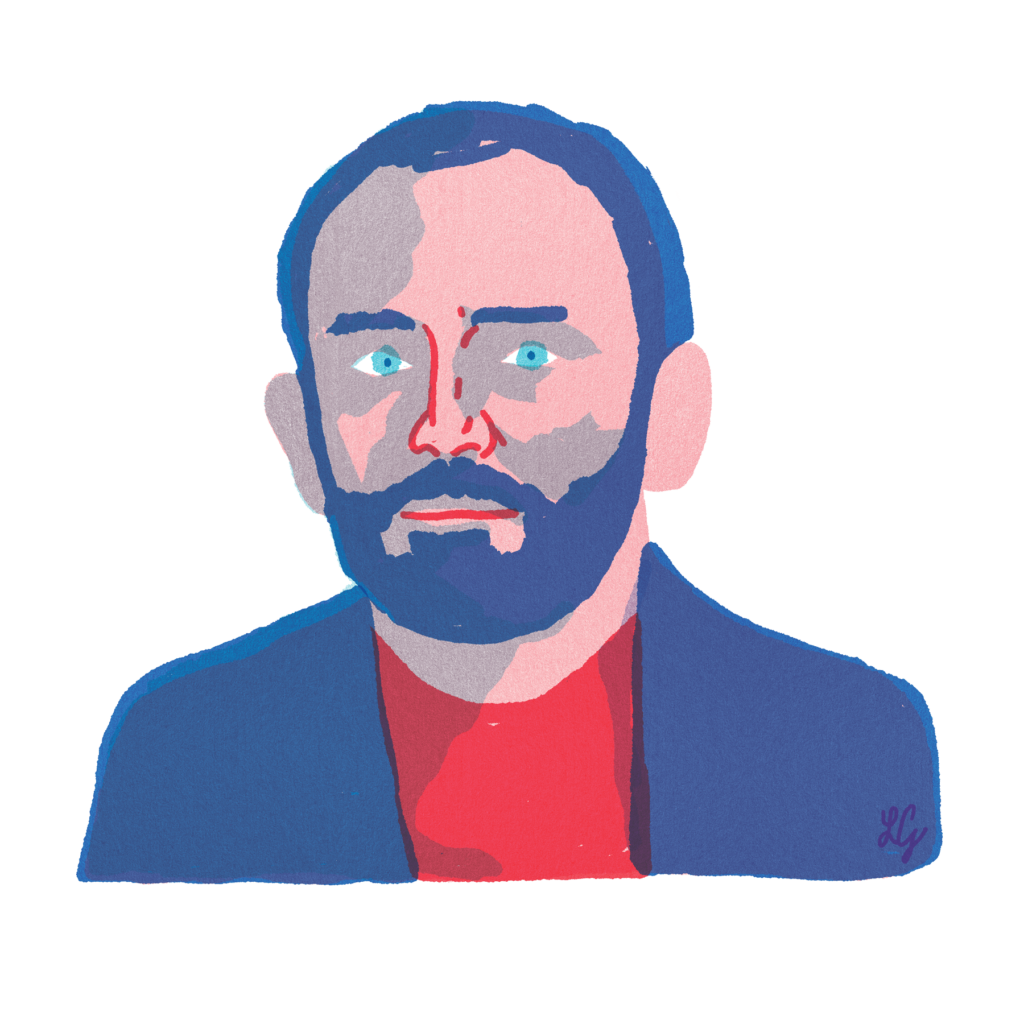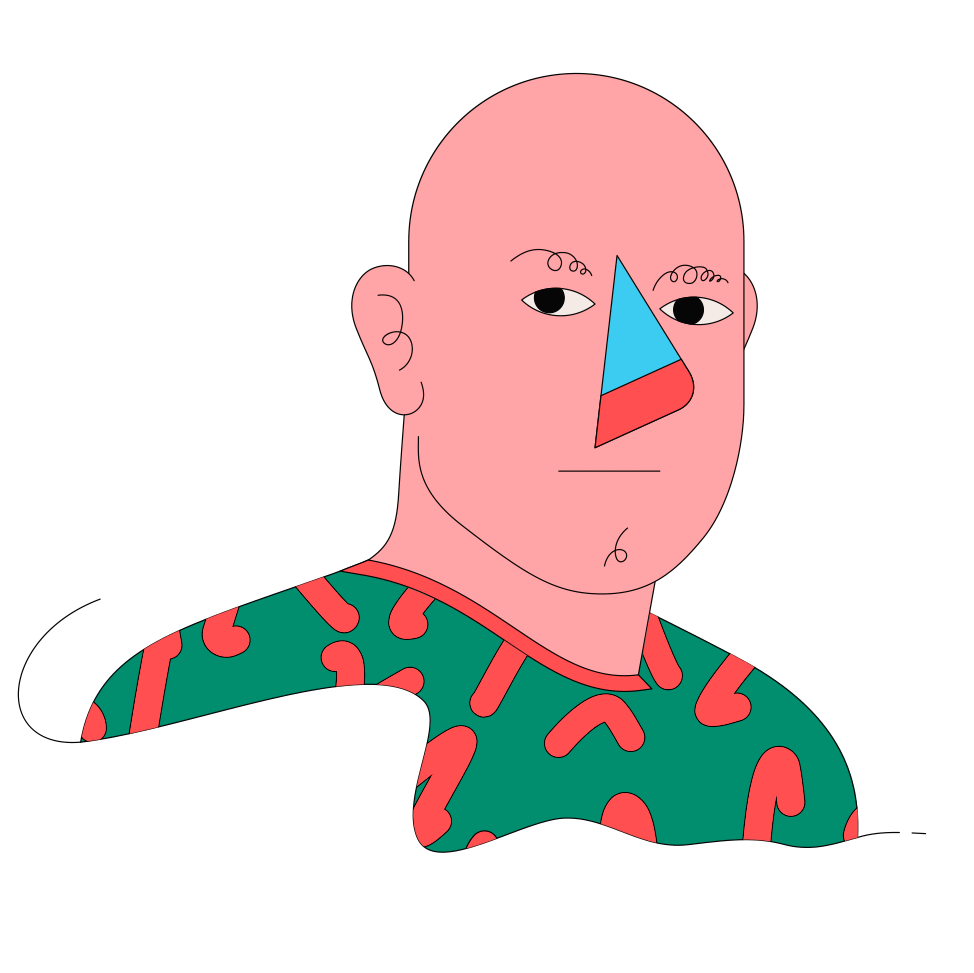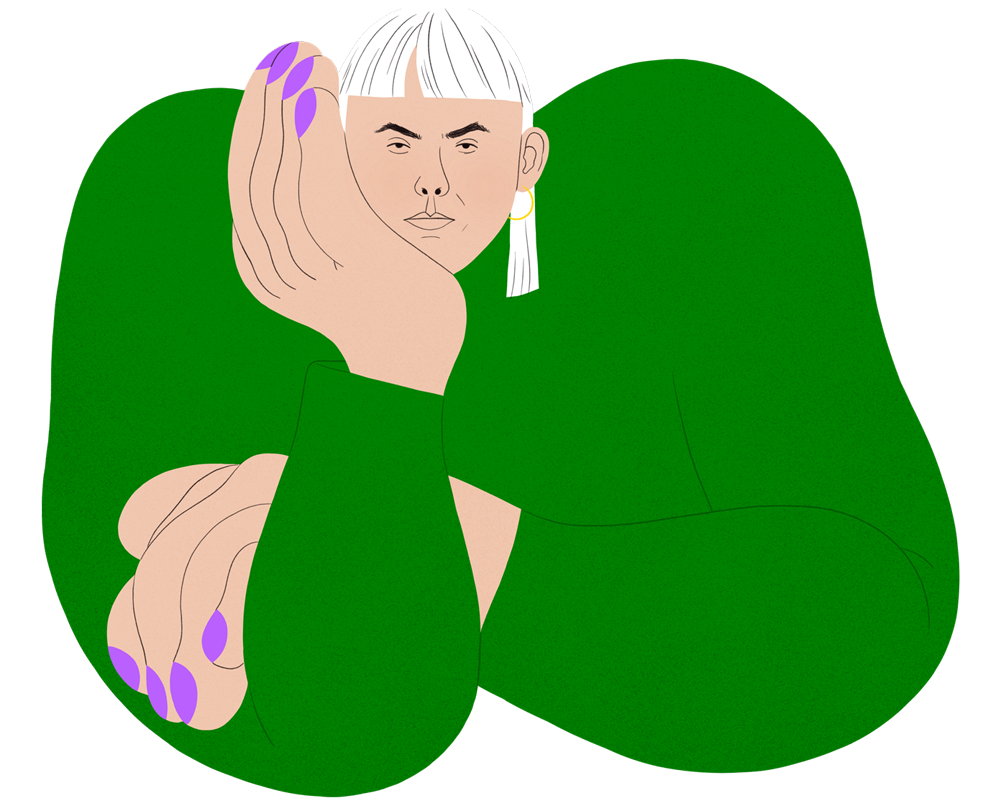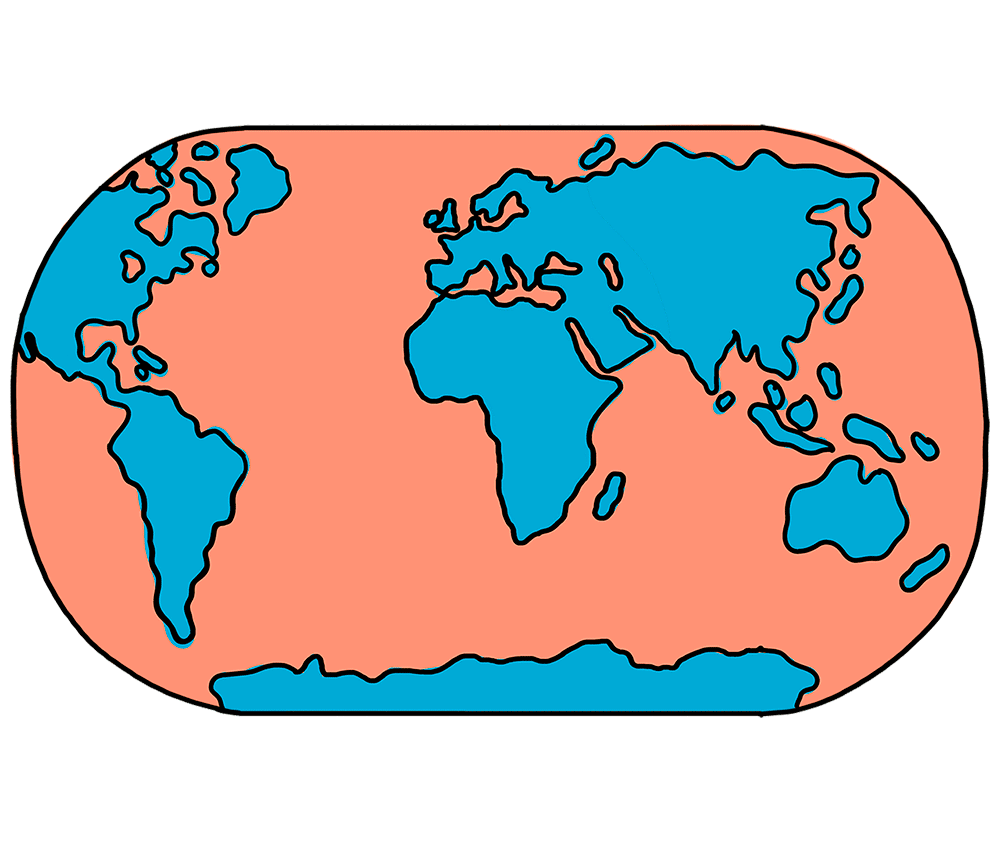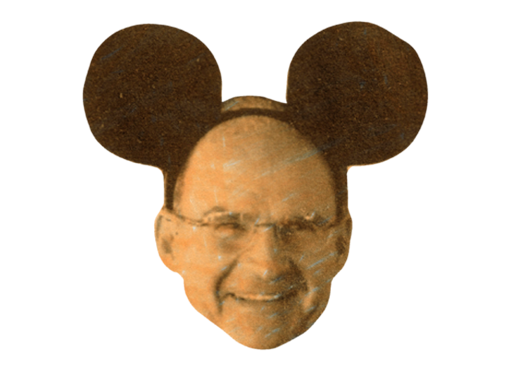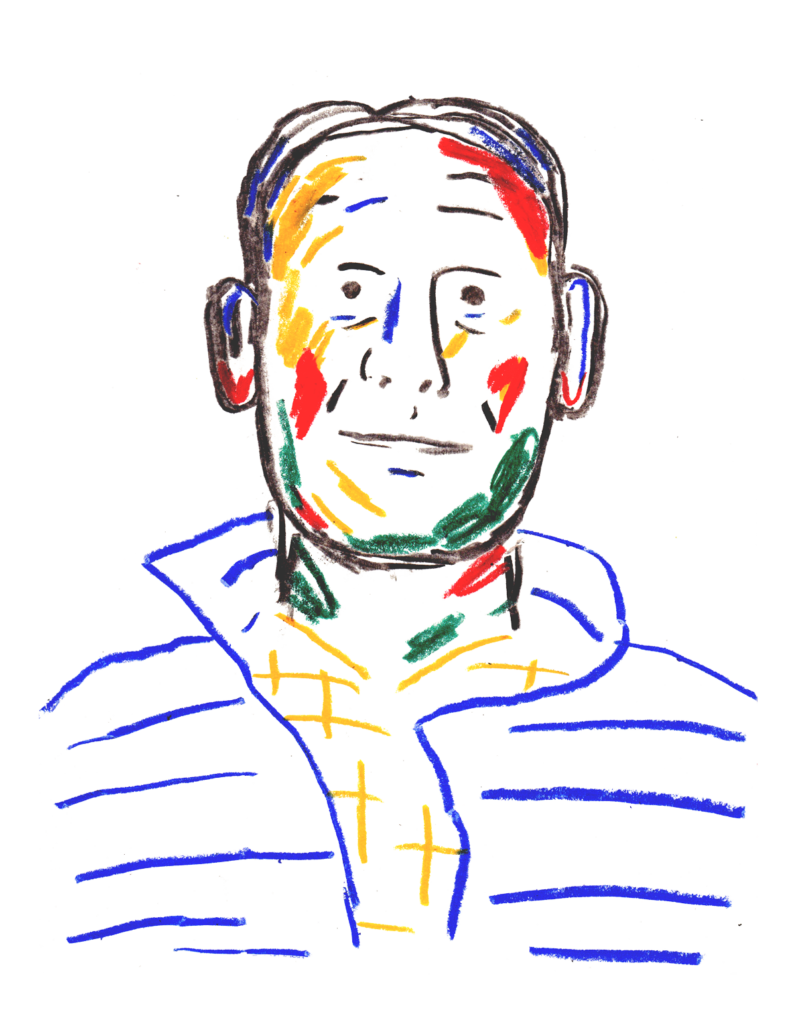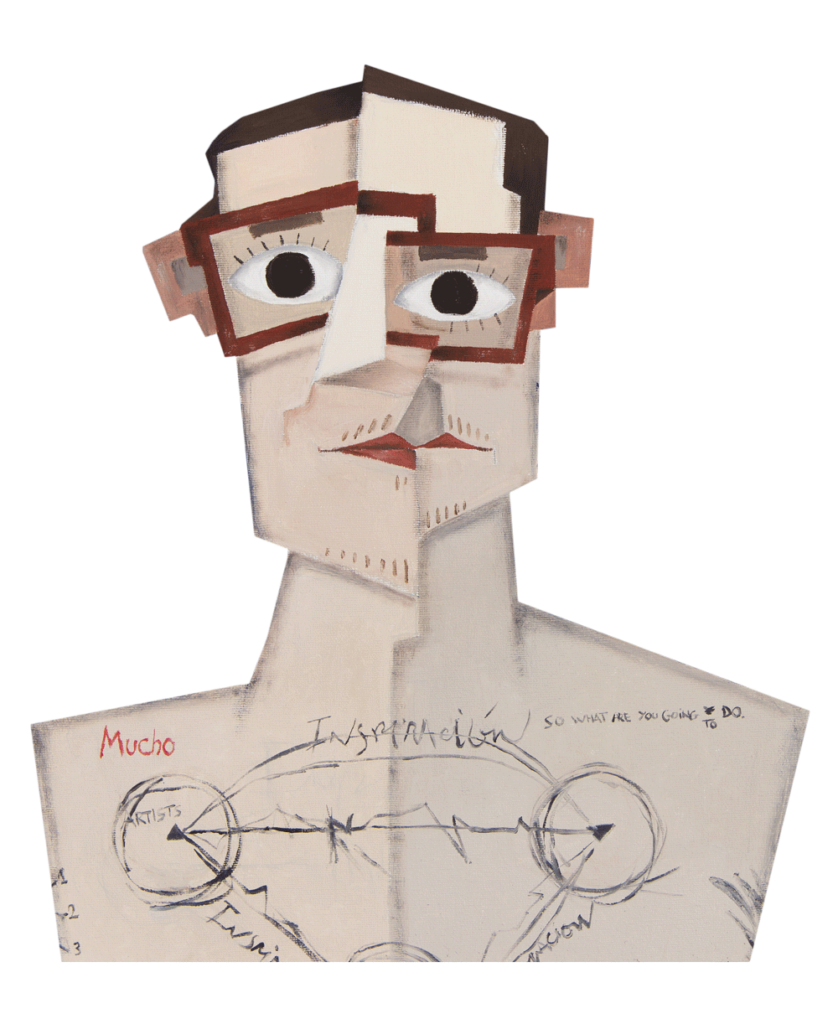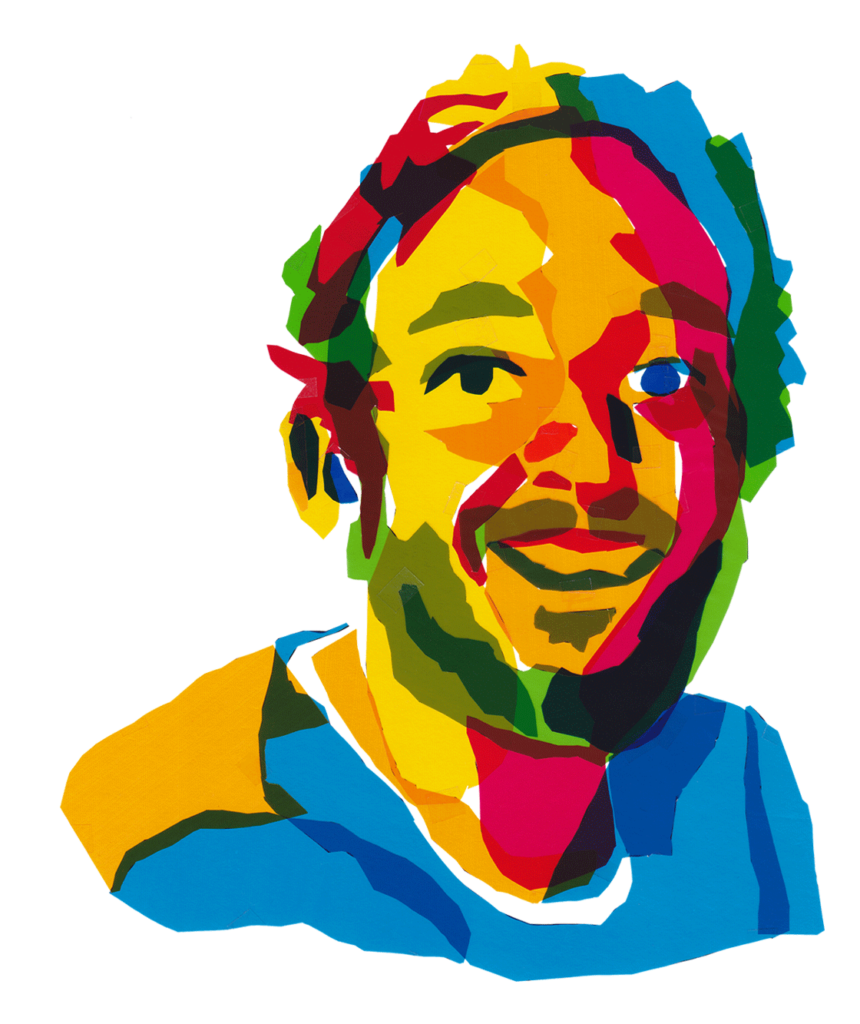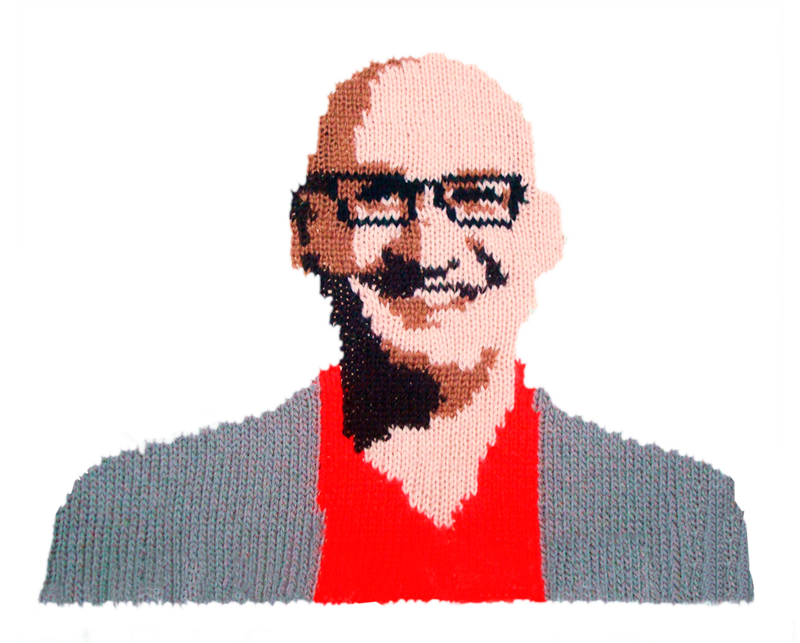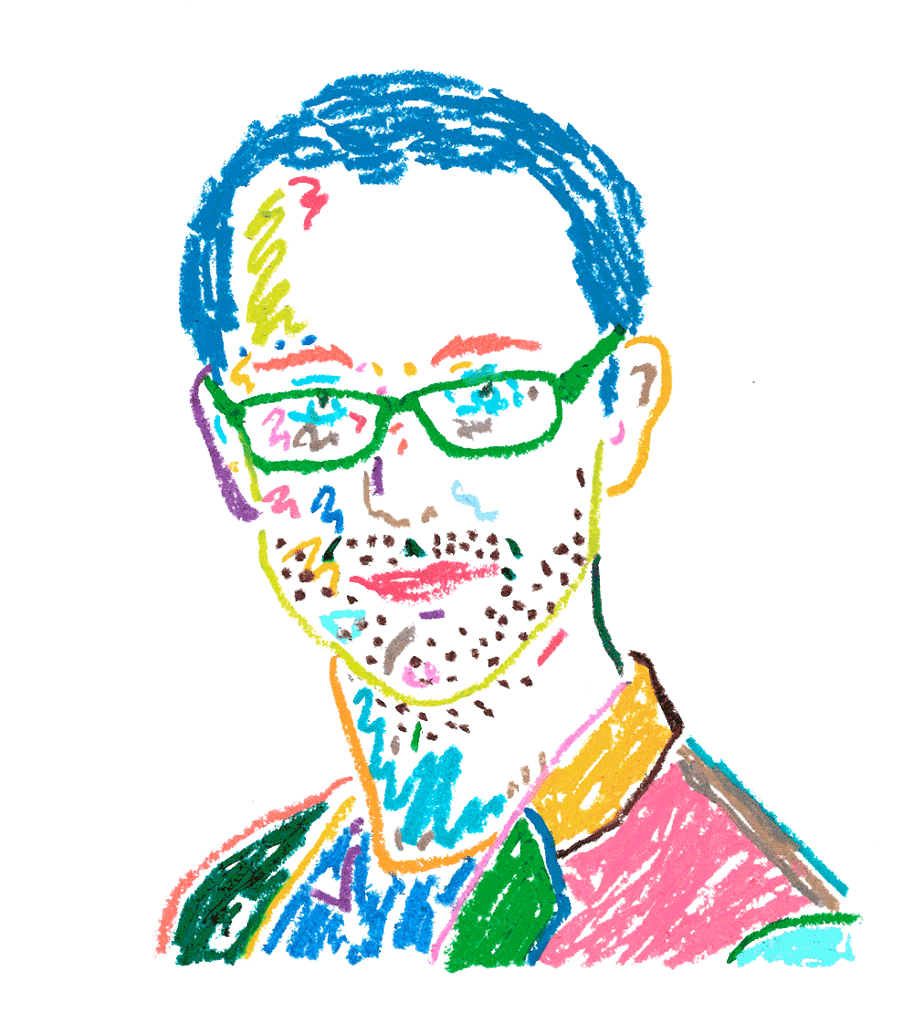With a community of almost 16 million people, online news platform PlayGround is a powerful collective voice in New Media territory. Their mission: using contemporary narratives and emotional stories to increase consciousness and empower people. In an inspiring and thoughtful conversation, founder Isaac Marcet interprets the ever-changing world of media, millennials and politics, while envisioning a collective, greater challenge: fashioning a better Internet.
- Journalism in the digital age
- Emotional journalism and storytelling
- Of mobile phones and other revolutions
- A human technology
- The Filter Bubble
- Tailored experiences and using data
- Viral content and diffusion
- The story of PlayGround
- Business model
- Native Advertising and Brand Activism
- How to become the leader of the free world through social media
- Building a New Internet
What is an editorial project nowadays?
An editorial project today is people. It’s humanity, which has become communicative to an exponential level. Everyone is an editor now. There are those who reach more people and those who reach less. The challenges for the future will be about how we value quality and the authenticity of news, how we monetise information truthfully without compromising it, and, ultimately, how we activate that information. We need to find a way to create actionable stories that give the community tools to sign, donate and unite communities, as well as develop projects. Information shouldn’t only be about ideas but also action.
It is pretty ironic how in an era of total access to information we are generating a decadent journalistic environment made out of clickbait, vapid content, and fake news. Is it possible to go back to telling stories and creating narratives that are attractive and reflect the complexity of our reality?
There are four types of information nowadays. The first one is purely sensationalist; the misleading headlines aiming to gain more visits to a website. The second one is manipulative. It tries to influence the psyche of communities through fake news in order to make people vote for one thing or another. The third one is classic journalism which refuses to adapt itself to the digital world. Then there’s the fourth and, to me, most interesting one. It is the kind of information that communicates value through stories, through each medium and format, in order to reach as many people as possible. In PlayGround we tell stories and, as storytellers, if you really believe what you do has value in society, you want to reach everyone. You have to speak to both the traditional and the digital world at the same time, with the best of intentions and quality. When I speak of the future of communication, I don’t see one future but an infinitude of futures. Communication nowadays is no longer about one single strategy, but about many strategies at any time. It’s about playing with a flexible format and delivering a quality message within the communicative dance.
Within this paradigm a lot of media created a new system of references. We learned how every new technological change can generate new players and new types of information. Where before we had The Times, we now have Huffington Post; where we had The Daily Times, we’ll now find BuzzFeed. Is this a definite shift in the scenario of information or do you think traditional sources can still recover? Should traditional media learn from modern platforms?
Every action has its reaction. We’ve never seen more informational sources producing extensive content based on thorough research. People do realise stories and written language are becoming more important than ever; long, profound stories that make you think and which give shape to our society’s collective thought. I believe you can play both teams. Big media players like The New York Times or The Guardian have been here for over 150 years, and they’ve been very capable of adapting themselves to the digital environment. BuzzFeed, on the other hand, was born from a world of virality and also provides high quality journalism, developing, for example, a series of technologically wonderful newsletters. It would be a huge step in the wrong direction to think we can’t have both things at the same time. The digital environment allows us to be less clear, it allows us to constantly iterate and experiment. More on New Media
Today, in journalism, it seems essential to create emotional ties with your readers. How do you think the role of the storyteller has changed?
There’s an old African proverb which says he who tells stories has the power. Nowadays, there’s no longer just one person telling stories; we all have this power, and, because of that, media like PlayGround should be a reference to other storytellers in order to ensure that the capacity to tell stories remains as conscious, close, sustainable, and human as possible. More on Emotional Storytelling
Reports tell us the vast majority of people, especially the younger generations, consumes their news through social media and on their phones. How does this influence the formats and narratives of a digital editorial project?
According to Cisco, by 2018, the consumption of video formats will be bigger than that of social media or video games. Video is the DNA of the internet and it is clear that every company focusing on video and mobile consumption right now will be the mainstream company of tomorrow. Simultaneously, however, text is also becoming more useful and necessary than ever. As always, nothing ever disappears entirely. Everything keeps on coexisting. Some sources will inevitably die —daily written press will surely disappear— but the way in which we consume content won’t. It will continue as it always has continued, without any change. We will adapt to mobile consumption. And as for the predomination of virtual reality and gamification in the future…well…who knows? I personally believe it would be a big mistake to deify everything mobile. It’s what we have nowadays, but it is also transitory. Tomorrow will bring even more new ways of consuming information.
There is a lot of discussion about the society of images. What will be the role of written text?
People have been criticising the superficiality of image culture and the possibility of it replacing written text for quite some time now, even though journalistic media are receiving more subscriptions every day. It’s a counter reaction. Reality is very capricious and it is a lot more profound and complex than it seems. Written text enhanced by machine learning and artificial intelligence will be able to give us the information we’re looking for, at all times. I believe machine learning and artificial intelligence are going to be fundamental in the future, as long as we know how to combine it with superior human ideas. The big question isn’t if we should use technology, but how we should use it. We already passed this stage in communication. To me, the future is the hybridisation of better technologies and more sophisticated human minds. Because in the end, Man is still the best of technologies.
The digital revolution once began with technologies that seemed foreign to our bodies, and calculators that replicated our logic only from afar. Today however, technological formats, interfaces and interactions are becoming much more relatable to nature and humans. It’s like we are creating other beings, in some way, that are better than us.
These other beings are still a union of both. They are a hybridization. Technology will also only become more human because it is being adapted to human resemblance. It is no longer the black IBM screen we have to turn on; it’s people who design technology, not an entirely separate entity. It’s because of that technology is becoming more human, more sensual in a way: it will always be a kind of symbiosis, a relation, a dance.
Eli Pariser, founder of Unworthy and author of The Filter Bubble, talked of the enormous risk created by user-designed content. The Filter Bubble theory suggests that adaptive technologies and algorithms sometimes prevent us from being confronted with distressing content that is contrary to our beliefs. User-designed content gives us the information we find interesting, yet it can be dangerous when it comes to being well informed. Does technology give us what we need then? What do you think?
I believe technology is cyclical, which means there are positive and negative cycles. Facebook and other social networks have generated such a change, I think we are currently going through a dark moment in communication. What should have been a world of transparency has become a world of enclosure and bubbles. Like Pariser explains, these bubbles are generating more ferocious and rigid attitudes ad infinitum. And what is dangerous is that these attitudes can be sustained by lies. There will be people, if they aren’t already here, anchored to these lies, without being capable to contrast them. This is what’s terrifying. Before, only few dictated what information had to be like. Now, the premise is total openness, yet we brought about a culture of niches. There’s no longer one point of reference, there are many at the same time. There could exist large portions of society receiving only negative references and living in a delirious world. In the US, for example, they discovered a community of people who still believed the world is square. They got the information of their social networks. More on The Filter Bubble
It reminds me of Plato’s cave. Maybe the cavemen would have wanted to get to know reality at some point, but the algorithm kept on projecting the shadows because it was what they wanted to see. Algorithms shouldn’t just give us what we want, they should also show us what don’t want and what challenges us. Something that puts us in a crisis.
It’s key to bring ethics into machinery, and we should develop new applications that allow us to derive such great power towards a world that is consistently more measured, transparent and truthful. There are interesting ideas, like Facebook’s of leaving last-minute-news fact-checking to third parties to make sure everything is truthful.
Digital media today is increasingly getting more responsibility on their hands.
Information generates communities of thought, feelings, dialogue. It reaches people’s full consciousness and has an impact on profound zones of the human condition. this can lead to transformations that have the potential to be revolutionary. The responsibility is huge. PlayGround is fully conscious of this power and responsibility. This commitment is present in the very essence of PlayGround, so we are developing initiatives in that direction. Our concept called “Play and do” —which we will launch soon— tries to construct a bridge between information and action: we want to collaborate with social entrepreneurs as well as the most important agents of change in the world when it comes to connective news. We want to bring them together through signature campaigns, create debate forums, and bring about other types of action that will benefit communities of every sort. It is important that news has a return value for its users. It doesn’t have to be money, it can be anything, but it’s important to have it.
What does PlayGround do in order to provide its audience with what they’re is interested in?
PlayGround uses the most exquisite technology this world has: passion. It is true that, evidently, we like to analyse people’s opinions. We want to understand their feelings and social movements, yet our starting point is always the stories we feel deserve to be told.
How can we use data in a transparent and ethical way? How do we relate experiences that are constructive for readers?
I think the most ethical way to use data is to be transparent with the use you’re giving it, and guarantee the user conditions aren’t labyrinthic, but accessible to the audience. A lot of practices used nowadays are fraudulent and not concerned with real communication. They only care for profits. I believe only the honest companies will survive, those that show sincerity.
Why did PlayGround become a reference? What is your mission?
We are a team of storytellers who consider journalism as a service. We want to offer services to the community and strengthen it through storytelling. We are trying to take that mission to the next level as well: PlayGround doesn’t only want to be an informative medium, it also wants to provide the community with tools that enable change, both in daily live as in nearby settings. We are in a transition from storytelling to storydoing. Up until now, the internet was simply about liking and sharing. PlayGround’s motto right now is like-share-do. We are obsessed with how we could transform information into something tangible and beyond the speculative. The informative ecosystem in which we find ourselves nowadays is infinite, overwhelming, contradictory. PlayGround tries to humbly pierce through the bubble by generating information that is easier and more likely to provoke action.
PlayGround began as a music medium and gradually incorporated more themes, until it got to news. BuzzFeed started out the same, but followed a different path using memes and quizzes until they became a real news organization with an editorial staff of 140 professionals. The CEO of BuzzFeed said: “News might not be as big as business or entertainment, but it is the best way to have a big impact on the world.” Is this also why PlayGround started developing news?
PlayGround started out as a music blog, but we had the secret intention to be become a generational reference for music in Spain. Then the Arab Spring, 15M, and Occupy Wall Street happened. The world started to burn, and talking about festivals and albums only felt narrow-minded. We decided to open our windows to the fire and, in that moment, PlayGround grew. Like Vice, Vox Media, Gawker and others, BuzzFeed has a leading position within New Media. We admire their model profoundly, even though we don’t share their philosophy. Although BuzzFeed’s work in news has been exceptional, it’s still rooted in the concept of entertainment. At PlayGround, on the other hand, news is the focal point. It’s where we really created a huge, vibrant community, coming from all around the whole world. In current times of chaos, division and crisis at every level, PlayGround’s mission is to generate a new consciousness alongside its community.
How does PlayGround’s business model work? What services do you offer brands?
We have a hybrid business model. On the one hand, we have traditional digital advertising, on the other we have an internal agency that works with brands. We co-produce content alongside brands and help them generate new ways of storytelling that bring them closer to younger generations and their values in a non-intrusive way. We translate the language of brands to our community and vice versa. We connect them.
One of the greatest revolutions of the digital world is the new range of possibilities which enabled native publicity and sponsored content. During a talk at the NYU faculty of journalism, Gerard Baker, managing editor at The Wall Street Journal, spoke about the faustian pact between news and advertising, concluding that we should refrain from it. How blurry has the boundary between the two become?
I think 95% of native advertising is bad for the community. If you do something, you should do it right, respect both audience and brand, and create content that contributes value. Native advertising was born from pure entertainment. In a second phase, companies such as The Guardian, The New York Times, or Vice took it to a more informative, more serious level. Its third phase has just begun: in a world that is completely polarised, consumers and company employees alike are asking brands to take a stand. More and more so every day, companies will feel forced to position themselves and set an example for the world. Out of this a very interesting and strong current of brand activism is being born. More on Brand Activism
The internet today has lost a lot of liberty, as well as the characteristics of its origins. What is the biggest challenge we are facing?
The utopia that was supposed to be the internet has become a nightmare, a dystopia. Yet we can go back and redesign the internet. We should all redesign an environment that doesn’t cease to be a parallel dimension to the reality of atoms, like a reality of bits. Bits are like LEGO: you can build whatever you want. We should not take what is promised for granted. We shouldn’t see the internet as something static. I think we should make the internet aware of itself. We need to start being creative and build a new internet.




